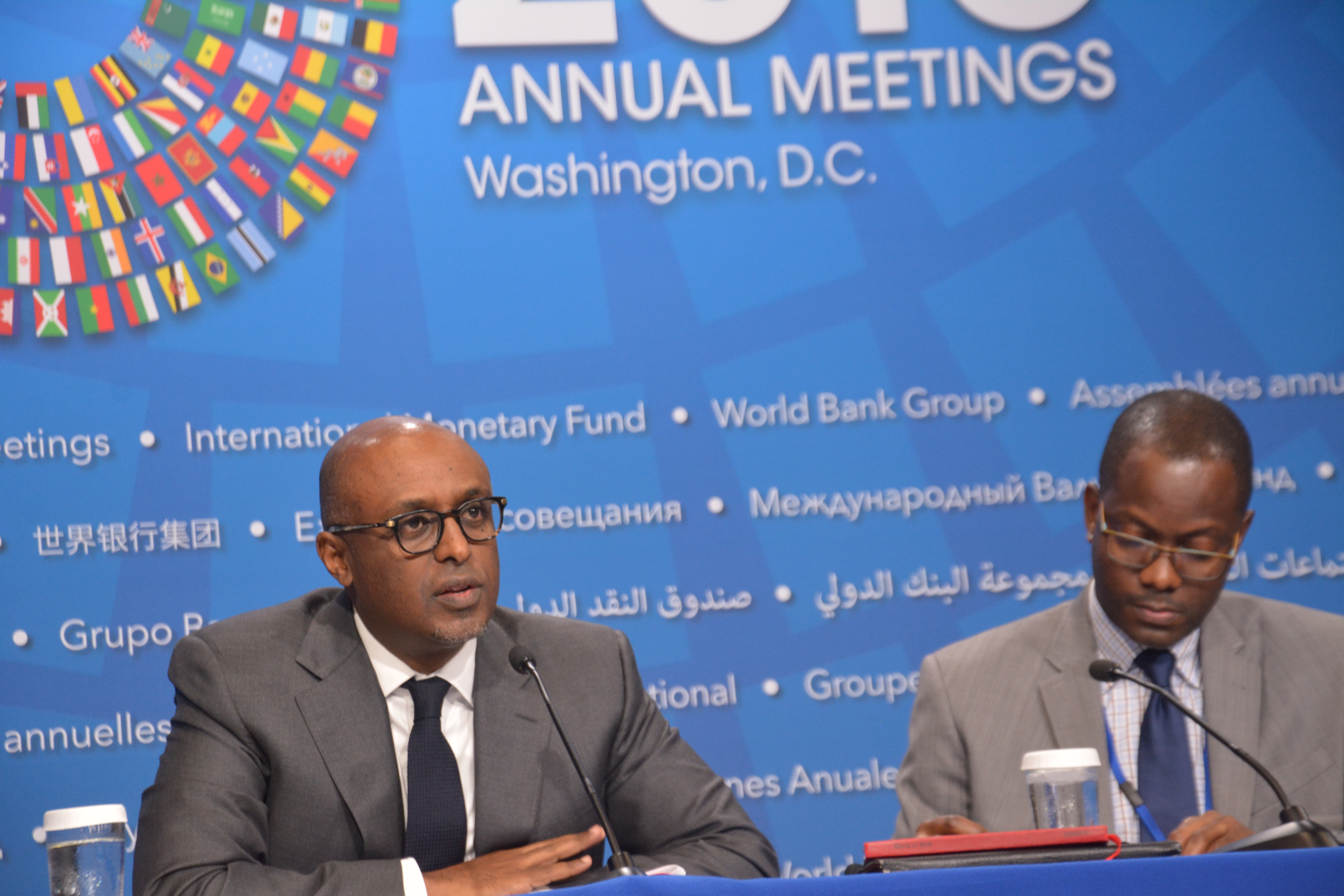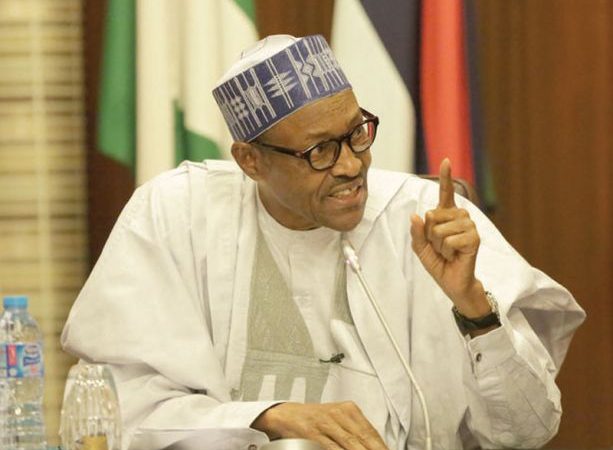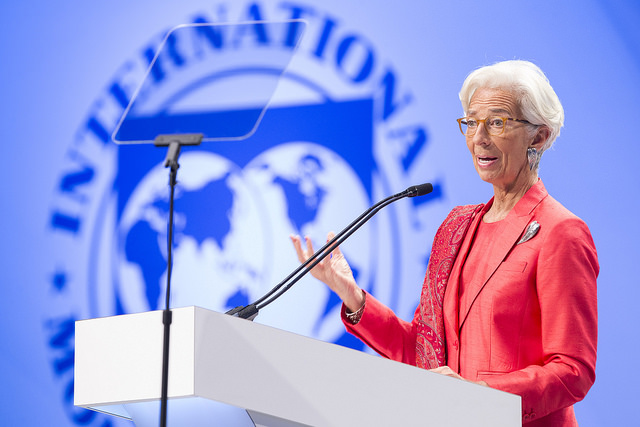The International Monetary Fund (IMF) has called on Nigeria to implement fresh structural adjustment programme in the face of dwindling revenues.
Speaking in Washington on Friday, Abebe Selassie, director of the IMF’s African department, said the adjustment are needed to respond to current challenges.
“There was adjustment in the exchange rate, but despite that the BDC rate is much weaker. As we see, we need significant fiscal adjustment, particularly on the revenue side, taking measures to try and contain fiscal deficit will be very important,” he said.
Advertisement
“This has to be accompanied also by tighter monetary policies, and in simple terms, this has to be accompanied by structural reforms to try and improve public finances over the medium term, but also a lot of the structural reforms that are needed to foster stronger supply response in the country.
“One good thing in Nigeria is that the level of debt is not too high, so there is room to try and have a more gradual adjustment in the case of Nigeria, because there’s scope to do some financing.”
He said: “economic growth in sub-Saharan Africa in 2016 is set to drop to its lowest level in more than 20 years. We are at the moment projecting growth to be around 1.5 percent this year, lower than last year’s 3.5 percent”.
Advertisement
“However, we must guard against swinging from the strong optimism of recent years about the region’s prospect to excessive pessimism today.
“The full picture is one of multi-speed growth in which the regional aggregate number masks considerable diversity across countries.
“The hardest-hit countries, especially of oil exporters need to act promptly as the adverse external environment is set to endure, and existing buffers have been exhausted.
“In these countries, growth rebound will require a sustained adjustment effort, based on a comprehensive and internally consistent set of policies to re-establish macroeconomic stability.
Advertisement
“This implies fulling allowing the exchange rate to fully absorb external pressures in countries outside monetary unions, coupled with strong and orderly adjustment to contain fiscal deficits, and a tighter monetary policy stance focused on containing inflation.
“Let me stress here that, for these countries, adjustment is unavoidable given the scale and persistent nature of the shock.”








